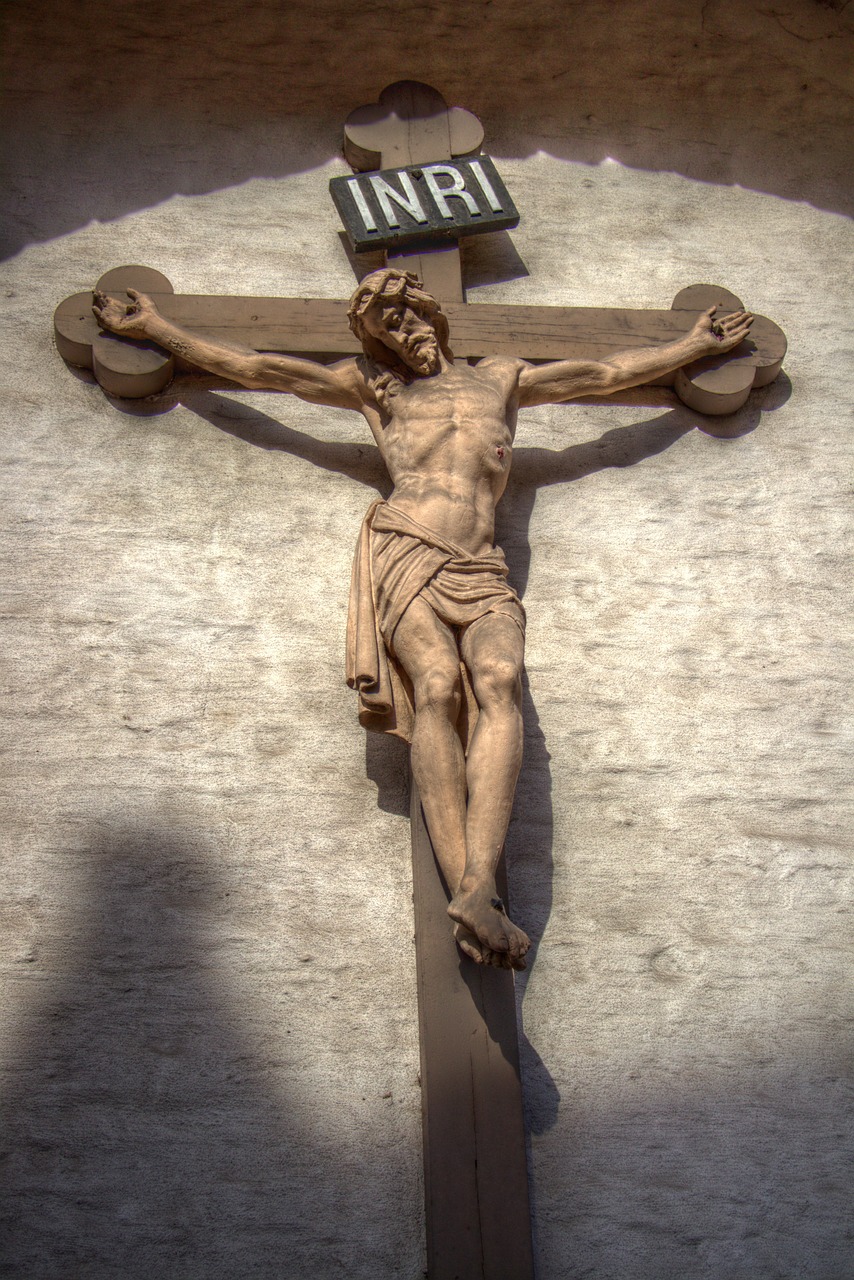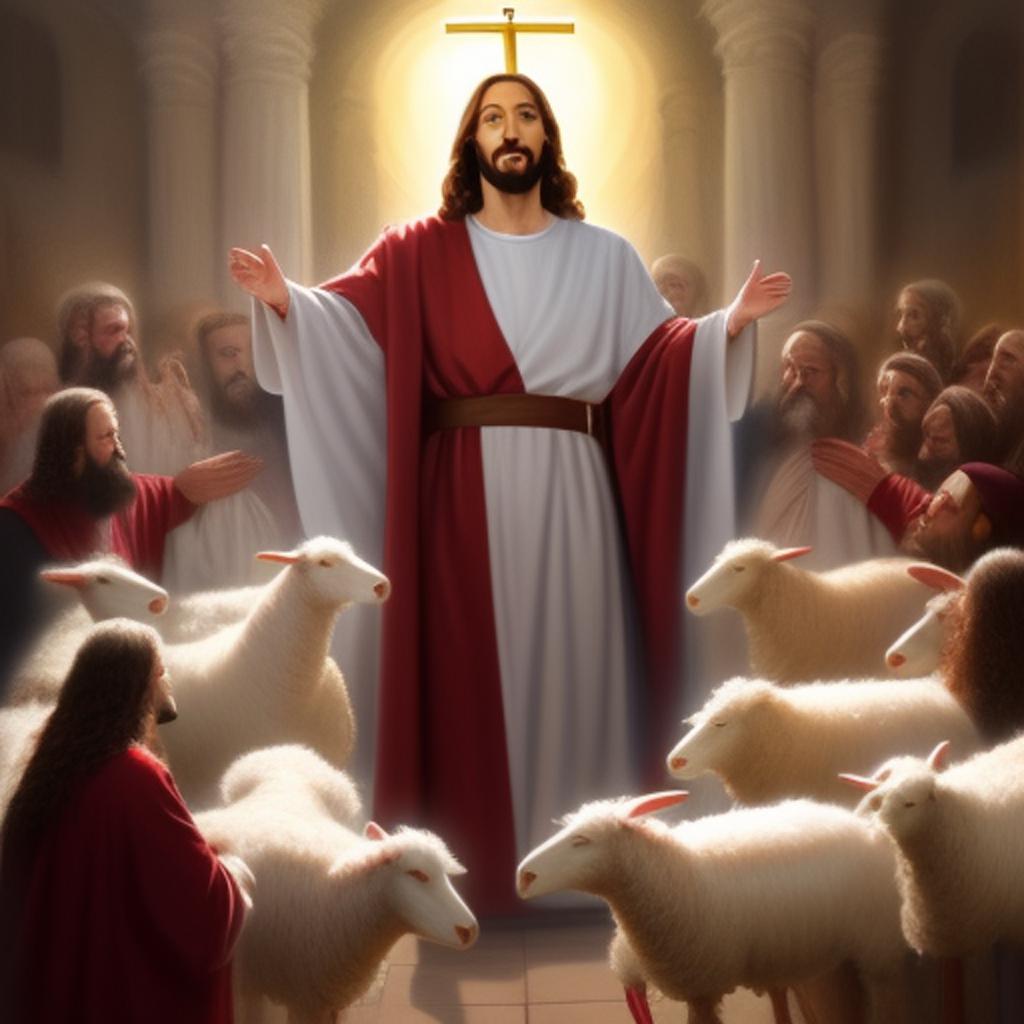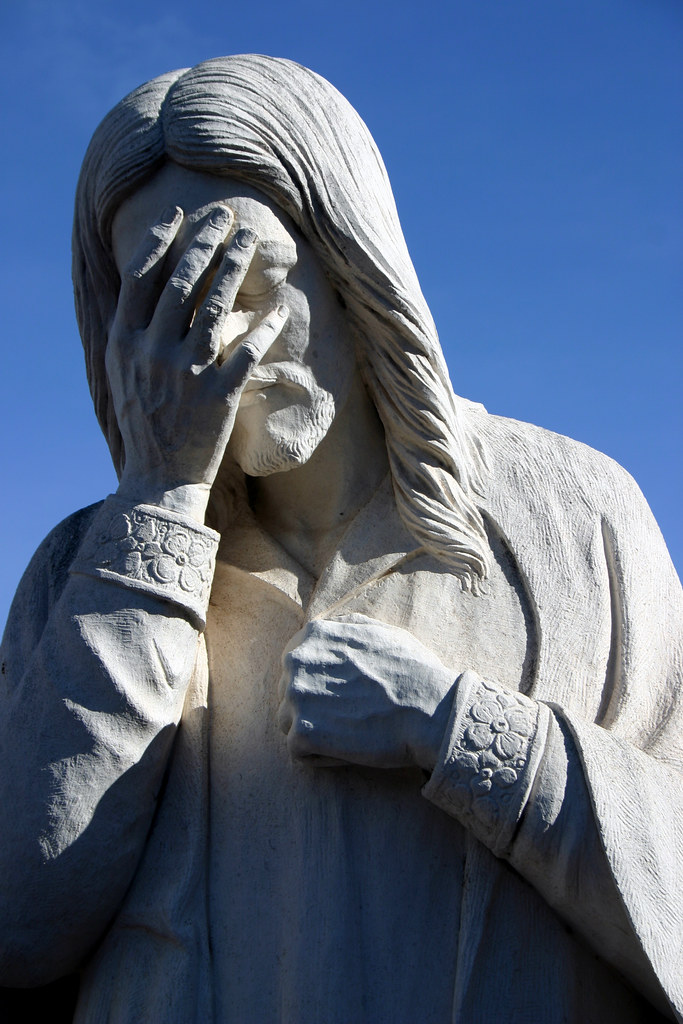Introduction: The acceptance of Jesus as the Messiah is a complex issue within the Jewish community. This article aims to explore the reasons behind the difficulty many Jews face in embracing Jesus as the Messiah and how Messianic Jews have overcome objections rooted in Jewish beliefs to recognize Jesus as the long-awaited Messiah. Through a deep study of Old Testament teachings and a reinterpretation of traditional Jewish beliefs, Messianic Jews have found a way to bridge the gap between Judaism and Christianity.
Understanding Jewish Perspectives: To comprehend the Jewish resistance to accepting Jesus as the Messiah, one must consider the different religious perspectives. Judaism traditionally interprets messianic prophecies as referring to a future human figure who will restore Israel, gather the Jewish exiles, and bring about global peace. Many Jews do not believe that Jesus fulfilled these expectations during his lifetime, leading to skepticism regarding his messianic claim.
Challenges in Historical Context Historical factors have influenced Jewish perceptions of Jesus and Christianity. The early separation of Christianity from Judaism, coupled with conflicts between the two communities, has shaped Jewish attitudes towards Jesus. Instances of persecution and discrimination faced by Jews, often attributed to negative interactions with Christians, have contributed to the reluctance to accept Jesus as the Messiah within Jewish communities.
Theological Differences: Theological disparities between Judaism and Christianity play a significant role in the difficulty of accepting Jesus as the Messiah. Judaism emphasizes the unity of God and rejects the concept of divine incarnation, which is central to Christian belief. Jewish interpretations of messianic prophecies focus on a future human figure who will fulfill specific expectations, rather than a divine figure.
The Journey of Messianic Jews: Messianic Jews are individuals who identify as Jewish but also believe that Jesus is the Messiah. They embark on a personal and spiritual journey to reconcile their Jewish identity with their faith in Jesus as the Messiah.
- Scriptural Study and Interpretation: Messianic Jews engage in an in-depth study of the Hebrew Scriptures, seeking to find messianic teachings and prophecies that point to Jesus. They explore connections between Old Testament passages and the life, teachings, death, and resurrection of Jesus, finding fulfillment in his ministry and sacrifice.
- Reevaluating Traditional Jewish Beliefs: Messianic Jews reevaluate traditional Jewish interpretations of messianic prophecies, recognizing the diversity of beliefs within Judaism itself. They study ancient Jewish writings and rabbinical commentaries, exploring alternative interpretations that align with their belief in Jesus as the Messiah.
- Exploring Jewish Roots and Christian Teachings: Messianic Jews strive to integrate Jewish traditions and practices with their belief in Jesus. They embrace their Jewish heritage, observing Jewish festivals, rituals, and customs while incorporating Christian teachings. This syncretic approach enables them to find common ground between Judaism and Christianity.
- Engaging in Interfaith Dialogue: Messianic Jews actively participate in interfaith dialogue, fostering understanding between Jewish and Christian communities. They engage in respectful conversations, addressing objections and sharing their experiences, seeking commonalities and promoting mutual respect and tolerance.
- Community and Support: Messianic Jews often find strength and support in Messianic Jewish congregations, where they can openly express their faith and engage in worship and fellowship. These communities provide a nurturing environment where Messianic Jews can share their unique perspectives and experiences.
Conclusion: The acceptance of Jesus as the Messiah remains a complex and deeply personal journey for many Jews. Messianic Jews overcome objections rooted in Jewish beliefs by delving into scriptural study, reevaluating traditional interpretations, exploring Jewish roots alongside Christian teachings, engaging in interfaith dialogue, and finding support in Messianic Jewish communities. Through these efforts, they bridge the gap between Judaism and Christianity, recognizing Jesus as the long-awaited Messiah while maintaining a connection to their Jewish heritage. It is through understanding and respectful dialogue that diverse religious perspectives can coexist and contribute to a broader spiritual tapestry.



